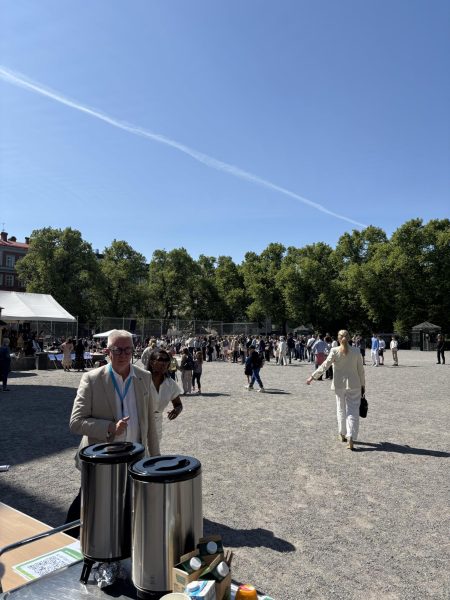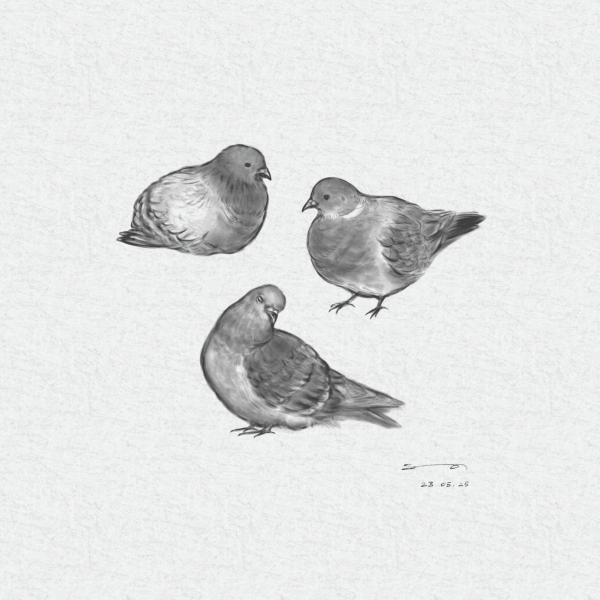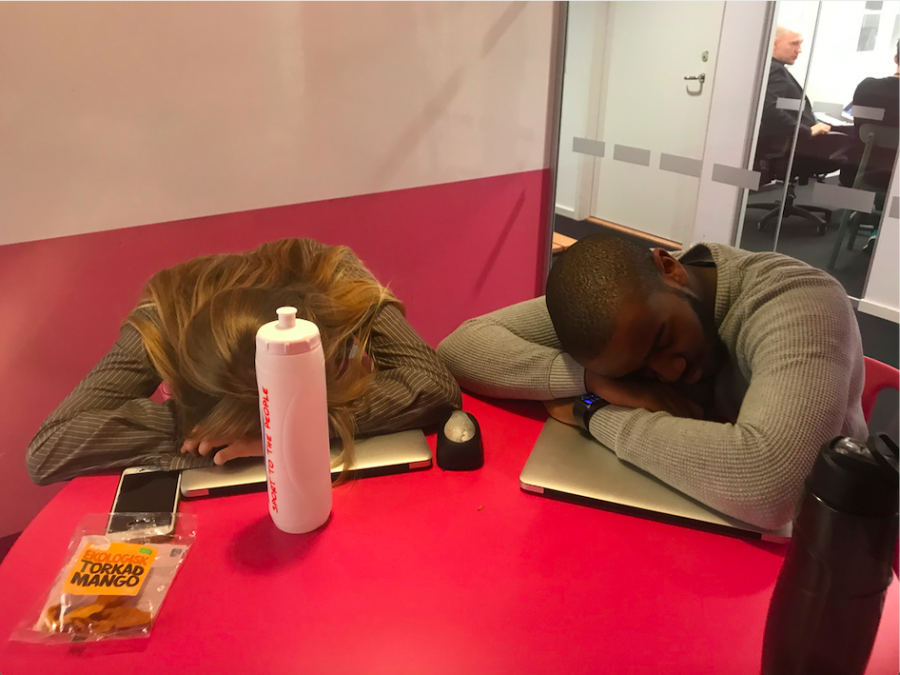IB DP Survival Guide
The IB Diploma Programme is one of the most rigorous high school programmes in the world. With only two years to prove your capability, preparation is key. So, we’ve compiled a few tips for those of you with the DP just around the corner!
Choosing Your Subjects
When choosing your subjects for the IB, you need to have a general idea of what you want to do in the future. For example, if you want to study medicine in university, you have to take biology and chemistry. If you want to study something in the area of politics, it is probably a good idea to take history and geography. If you want to go into the business sector, then definitely take economics. Look through the potential courses you want to apply to and check if they have any specific course recommendations.
Furthermore, don’t take subjects that are way too hard for you. This especially applies when choosing which math course you want to take. If you want to go into the field of psychology, you won’t need to take an HL math course, because if you do, you’ll be spending too much energy on a subject that won’t be relevant for your future.
You should also consider which subjects you are passionate about. Those subjects should be the ones that you take at higher level, because you’ll be spending a significant amount of time studying them. If you take a subject you don’t like, just because you think it will look good on a university application, chances are that you won’t be motivated to study for it and you’ll get a bad grade, which won’t look good on your university application afterall.
University/College
Before you choose your IB subjects, you should already have a relatively good idea of which field you want to go into in the future, considering your subject choices may limit you (eg. for med school). You can further research universities throughout all of 11th grade. Ms. Wegdell gives great advice and will guide you through the application process, but in the end YOU choose where you want to go. You need to consider which country you want to apply to, and then look for universities that have courses that intrigue you.
You should have a few reach options, a few more attainable options, and a few safety options. By the end of 11th grade you should know pretty much exactly to which universities in which countries you want to apply, and which courses you want to apply for. For those applying to the UK, your personal statements should be done by the end of the summer, considering the applications process already starts in October. This also counts for other places that have later deadlines, you should have your applications ready in the beginning of grade 12 so that you can focus on your exams once the deadlines approach.
Time Management
Having a balanced lifestyle is imperative when you take part in the IB program. You need to allocate time to studying, while also allocating time to sports, extracurriculars, and your social life. Having a study schedule is key. You need to learn whether you are someone that is more productive at night or in the mornings, and you can balance your schedule around this while still getting at least 8 hours of sleep. If you are someone that studies well at night, allocate your time between 9PM-12AM for studying, and then don’t wake up until 8AM. If you are someone who studies well in the mornings, try to go to sleep around 9PM and wake up at 5AM to get in a few hours of studying. By doing this, you will clear up your afternoons so that you have time for sports, extracurriculars, and friends.
You can also have study-groups after school in which you spend time with friends, while also being productive.
Additionally, try to use your free periods during school to study, to minimize the amount of homework you have. In the IB, there is always something you can do. If you have no assignments coming up, use your allocated study time to work on CAS reflections, brainstorm IA topics, do some research for your EE, do some past papers or practice problems, or simply just go over your notes.
Your weekends can also be divided up into time for studying and free time. Try to use your mornings on the weekends to be productive, so that you have free time in the afternoons and evenings. If you stick to your study schedule you will definitely limit stress in the long run.
Maintaining a Healthy Lifestyle
Good time management is key to succeeding in the IB. In order to succeed, you need to maintain a good balance between school, extracurriculars, and your social life. If you only focus on school above everything else, you will get burned out and definitely regret it in the future. When you look back on your high school experience you need to have fun things to look back on as well!
A key tip is to use your free periods to study. This will limit your amount of homework, and will clear your schedule after school so that you have time for sports and hanging out with your friends. Another key tip is that you can combine your social life with studying. You can have a great time with your friends while studying at the same time. You can work on things together and teach each other things, which will increase your own knowledge as well. Don’t let IB take over your life, you need to have an outlet as well. An outlet can be something like taking up a new sport, or teaching yourself a new instrument (which can also be used for CAS).
The Most Stressful Period in DP1 and How To Prepare For It
The most stressful period so far has definitely been the end of year exams in grade 11. You will have about 15 exams over a span of roughly two weeks, meaning you’ll have about one exam every day. The only way to prepare for this is to pay attention in class the entire year. Make sure you study for every unit test in every class, because all of these smaller tests are preparing you for your final exams. Furthermore, try to go over all the syllabus points you have covered in every class, and do extensive readings for your higher levels in which you often need to write essays. Start preparing at least a month in advance, because you will be tested on everything you have learned over the past year (and in the IB, that is a lot). Also, the grades you get on your end of year exams in grade 11 will largely make up your projected grade with which you apply for university, so it is worth it to do your best.
Internal Assessments
Your internal assessments are projects which you complete during a dedicated period of time and are assessed internally, whereas your external assessments (your exams) are assessed externally. IAs work differently for every subject. In certain subjects you have multiple IAs, and in others you only have one. You should begin to consider your IAs as soon as you have covered enough content and your teacher has introduced it to you. In some subjects you can already start your IA in the first half of grade 11 (eg. history), and in others you can’t start until the second term of grade 12 (eg. math) because you haven’t covered enough content yet. Every class has different requirements and different deadlines, but as soon as your teacher introduces the subject’s IA to you, you should already begin exploring different possibilities for research questions and get started as soon as possible to limit stress in the long run.
The two years of DP are academically challenging, however, can also be greatly beneficial and a lot of fun if you handle it right.






